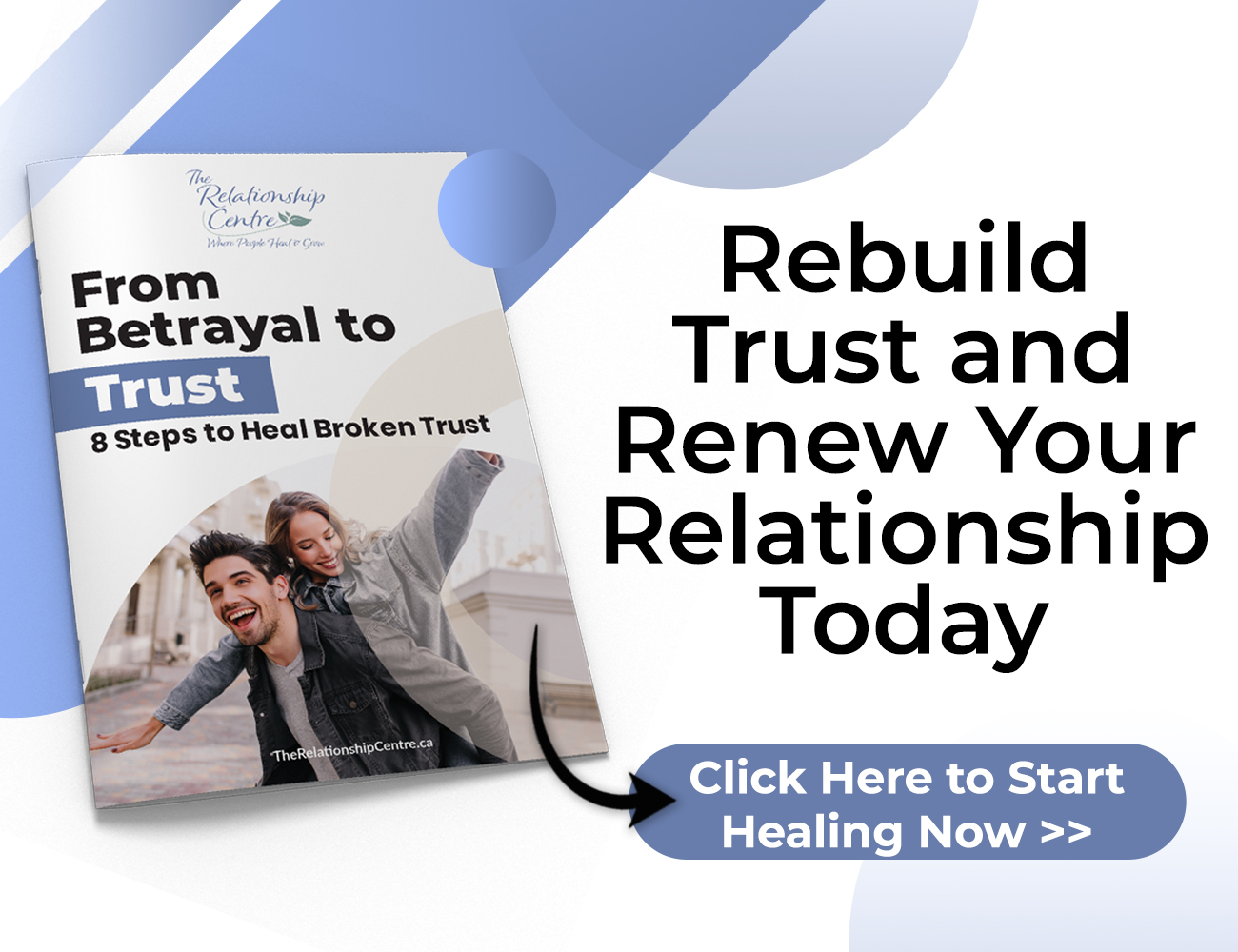A common challenge for us all is discovering how to let go of resentment. The answer to “Has someone hurt you?” is “yes” for anyone who lives long enough to comprehend the complexities of pain and betrayal. And when these injuries happen, they can lead to bitterness, anger, and resentment.
Some of those wounds may be petty by themselves but happen repeatedly. Others may come in the form of deep betrayals that, in specific ways, completely alter the way we view the world and interact with it. And, of course, there is often plenty of middle ground between those two extremes.
The practice of forgiveness offers some unique challenges. First, it’s difficult and unnatural for some of us. Secondly, what forgiveness looks like can vary on a case-by-case basis. For many reasons, forgiveness is a complex process.
But failing to learn how to forgive can cause serious damage to our physical and mental well-being. So, to be a healthy person, we must find a way to forgive others one way or another. How specifically can we move from resenting someone to forgiveness? Let’s take a look at what forgiveness is before exploring some ways to let go of those hurts.
What is Forgiveness?
You can answer that question by asking, “What is resentment?” With resentment, you hang onto your hurts. However, with forgiveness, you learn to release them. In its simplest explanation that is what forgiveness is.
One of the primary challenges of forgiveness is first understanding what it means. And that can be difficult since people have so many different ideas of how forgiveness should play out.
In his “Psychology Today” article entitled Why Resentment Lasts—and How to Defeat It, Robert Enright Ph.D. shares the following:
“To forgive is a way of offering goodness to the one who gave you the unwanted present of resentment. Rather than the strength of the clenched fist and jaw, the strength from forgiveness shows that you can soften your heart toward the one who infected yours. This can bring you inner relief.”
So, in essence, forgiveness is learning to resist the natural urge to respond in a hurtful way to others who have harmed us. It’s choosing peace and generosity over hostility, anger, and bitterness.
That all sounds great. After all, who wants a big bowl full of inner turmoil instead of peace? The challenge, however, is that we generally want those who hurt us to also suffer in some way. So, it takes some work to learn to forgive and then turn it into a habit. Here are some strategies to reverse the natural desire for revenge and bitterness.
Decide Beforehand to Do No Harm to the Offender
When you’re emotionally injured by others, it’s normal to want to lash out at those who hurt you. However, you wind up harming yourself more in the process than you ever hurt the other person.
For this reason, make a pact with yourself not to harm the individual who wounded you. This is not an agreement with yourself to invalidate the pain you’re feeling. Initial emotions and reactions to hurt are largely unavoidable. Rather this is a decision to refrain from launching a counterattack.
This means avoiding aggressive conflict like arguing, yelling and the like. It also means not assaulting the other person’s character (much more common). You may feel the person deserves your revenge, however, the best thing you can do is stay on the high ground.
Trying to get even will only drag you down to the afflicting person’s level. It will also cause you to further stew over your hurts and bitterness, negatively affecting your mental wellbeing. Therefore, decide beforehand to do no harm. If you fail in this regard, that’s okay. Some failure is almost guaranteed. Just recommit yourself to this standard.
Be Careful Not to Let Your Hurt Negatively Affect Others
In other words, if you harbour bitterness and resentment, you will eventually lash out at others around you who were not involved in causing your pain. If you don’t focus on healing, you could take that hurt out on a co-worker, significant other, child or even a family pet.
And do you see what just happened if you allow this? You not only become resentful, but you also make it difficult for others not to resent you. The offended becomes the offender. And that’s what you don’t want—the one who initially hurt you to perpetually have a negative influence on you and others.
When you think of it in this light, it’s easy to see how easily hurts spread from one person to another. For that reason, think of those around you. Let go of bitterness for them, yourself and the person who initially offended you. Life is too short, and it’s not worth going through life bitter.
Remember Everyone Needs Forgiveness
Hopefully, we learn how to show genuine care for others while minimizing how much we hurt them as we go through life. At the same time, the best among us emotionally wound people. We cause others pain which sometimes makes it challenging for them not to resent us.
For that reason, do your best to put yourself in the other person’s shoes. Think about how you would hope to receive forgiveness if you were the offending party. To be healthy individuals, we all need to give and receive forgiveness. It is a natural part of healthy, thriving relationships.
Resentment in marriage and resentment in relationships is inevitable. The key is learning how to overcome resentment, so those relationships remain healthy and thriving.
Remember Forgiveness Isn’t a One-And-Done Deal
You can forgive someone today, but that bitterness can come back to visit tomorrow. Remember that letting go is a process. It is rarely if ever, something you settle once and for all. Instead, it requires daily work until the hurt heals more.
Keep in Mind that Forgiveness is Complex
What forgiveness should look like in each situation can vary. There are plenty of times when a relationship goes back to normal after forgiveness is given and received. However, there will be times when the offending party either won’t believe or admit that they’ve offended you. And during those times, for your well-being and that of others, you’ll have to still let the hurt go.
There are also instances when a hurt against you is severe enough that it requires putting some distance between you and the offender at least for a while. So, forgiveness doesn’t always mean that relationships immediately go back to how they were before the emotional injury took place. There may be times when you’ll at once need to protect yourself from further harm while letting go of resentment.
How to Let Go of Resentment: Counselling May Help
As already shared, feeling bitter and resentful can be a difficult challenge for all of us. This is especially true if you’ve gone through significant abuse or personal loss because of how you were treated. Although it may feel like you maintain power by holding onto anger and bitterness, the exact opposite is actually true. Holding onto resentment makes you a prisoner and prevents you from healing.
Therapy can often help the healing and forgiveness process. You can work through your specific feelings and what is holding you back. At the same time, your therapist can help you find ways to release that resentment.
We can assist you, whether you’re wrestling with resentment in a relationship, self-resentment, or other forgiveness dynamics. If you’d like to learn more about how The Relationship Centre can assist you, please contact us. You are also welcome to schedule an appointment.














